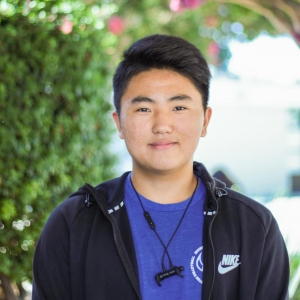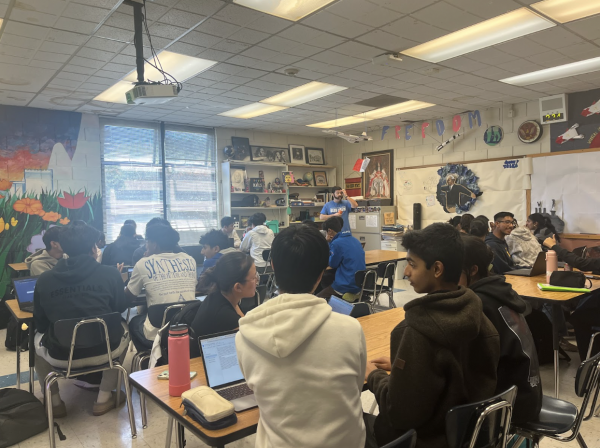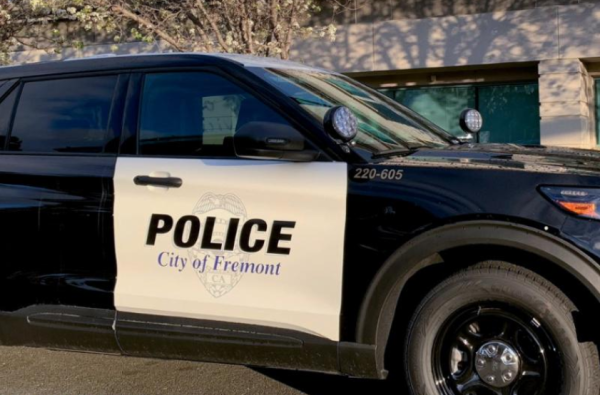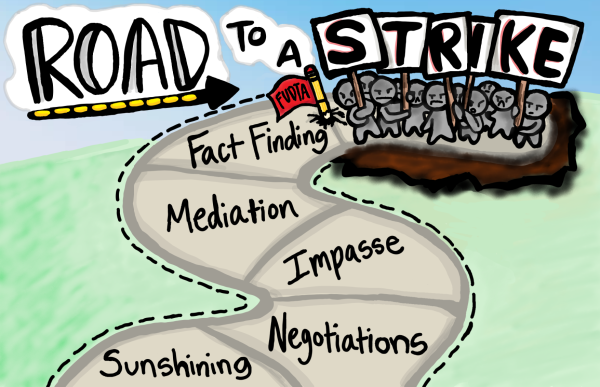Classes Face Zoombombing In First Week
On Aug. 26, anonymous Zoombombers disrupted eight Irvington classes, including Mr. Rodda’s seventh period marching band class. The strangers allegedly found the links through a Twitter account (now deleted) that posted the meeting links publicly. Both teachers and students have expressed their discomfort and frustration with these bombings and the people who post their links online, where strangers can easily access them.
Zoombombing is an unwanted intrusion that intentionally disrupts a Zoom video conference call. Zoombombers are often strangers from the internet outside the school system that obtain zoom links and interrupt class sessions. Within Irvington’s first couple days of school, there have already been numerous occasions of Zoombombings across an estimated eight classrooms.
Mr. Rodda, who teaches various band classes, was zoombombed by five to six strangers while teaching seventh period marching band class. Though he tried to send his students a backup Zoom link, the Zoombombers had managed to access that link as well, causing class to be cancelled for the day.
“It was just a couple minutes into class and a half dozen or so people, they weren’t from Irvington, they just came in and they were mostly just making some gibberish kind of noise to interrupt the class,” recalled Mr. Rodda. “At that point I tried kicking them out, but they just kept coming back, so I had to end the meeting.”
What was more disruptive were the words said during the meeting by these strangers.
“I didn’t recognize this guy but [thought that] maybe he’s just titled funny…And then people started turning on their microphones and started screaming and saying the N-word over and over,” said Sarah Tai (12), one of the drum major’s. “And they just kept going for like maybe like five minutes while Mr Rodda was trying to find them in the participants list and kick them out.”
In order to avoid any more Zoombombers from entering the meeting, Mr. Rodda used the waiting room to admit all of his students into class one by one the day after the incident. To be more cautious, he also familiarized himself with his new freshman band students so he didn’t accidentally let in a stranger. Mr. Rodda has over 200 band students.
“It’s just frustrating and it’s a shame that people do stuff like that to ruin other people’s experiences and prevent them from getting things done,” said Mr. Rodda.
In the midst of the catastrophe, Tai pointed out a silver lining, explaining how it showed the amount of passion and devotion marching band students possessed for them to spend hours on end compiling and researching information to help their teacher solve the problem.
“Something cool that kinda came out of this,” said Tai. “[It] helped us realize how much people care about marching band and how important it is to them.”
Marching band students have compiled a document organizing information on these Zoombombings.
When asked about how they plan to use the information they have gathered, Tai said, “A couple people sent it to the principal, including Mr. Rodda. We’re hoping that there’s going to be some disciplinary action….I think a lot of us are looking for them to be removed from marching band.”
The solution, however, isn’t as simple as just adding new layers of security. “The problem is that you don’t want people not being able to get into their class,” said Mr. Honerkamp, one of the Assistant Principals. “You want it to be secure, but you also want to create access.”
Irvington staff is currently looking for new disciplinary actions that would be effective during distance learning. On Aug. 27, a day after the Zoombombing, teachers were given special FUSD Zoom accounts and began requiring students to enter meetings using their FUSD accounts for extra security.











